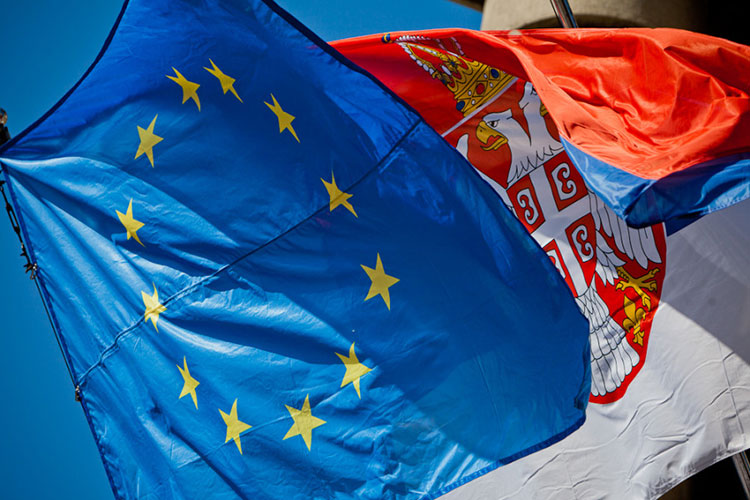At the 3rd EU-Serbia Joint Consultative Committee meeting (JCC), held in Belgrade, members of the JCC discussed the current state of play and the work ahead in Serbia’s accession negotiations to the EU.
They debated Chapter 24 – Justice, freedom and security, with a special focus on migration, Chapter 20 – Enterprise and industrial policy, with a focus on promoting entrepreneurship and the economic and social impact of industrial pollution and climate change, as well as basic principles of ILO Decent Work Agenda
The EU-Serbia Civil Society Joint Consultative Committee is one of the bodies set up within the framework of the Stabilisation and Association Agreement between the European Union and Serbia. The JCC enables civil society organisations (CSOs) from both sides to monitor Serbia’s progress towards the European Union, and to adopt recommendations for the attention of the Government of Serbia and the EU institutions. The JCC understands the notion of civil society as encompassing organisations of employers, trade unions and other economic, social and civic interests.
The JCC is made up of eighteen members, nine from each side, representing the EESC and Serbian civil society. During its current term, the JCC is co-chaired by Mr Ionuţ Sibian, member of the EESC and Executive Director of the Civil Society Development Foundation of Romania, and Mr Branislav Čanak, member of the Economic and Social Council of Serbia and President of the Trade Union Confederation “Nezavisnost”.
A full Declaration is available online




